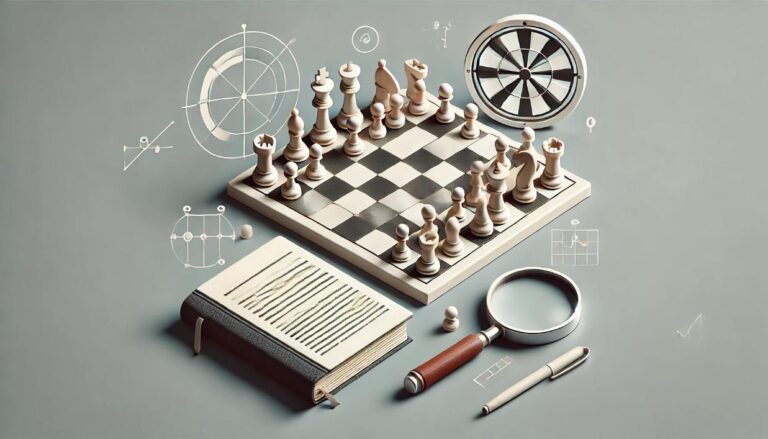The Basics of Chess Ratings
Chess ratings are a numerical system that is used to measure the strength of players in the game of chess. It is a way to compare players of different skill levels and determine who is the better player based on their past performance. The higher the rating, the better the player is considered to be.
Chess ratings are not static and are subject to change with every game played. This creates a constantly shifting landscape where players can improve or decline in rating depending on their performance. However, in recent years, there has been a phenomenon called chess rating deflation that has caused significant impact on players and the chess community as a whole.
What is Chess Rating Deflation?
Chess rating deflation refers to the decrease in overall average ratings of players. In simple terms, it means that the average rating of players is decreasing over time. This is mainly due to the increase in the number of players and the overall improvement in the skill level of players.
The Impact of Chess Rating Deflation
The impact of chess rating deflation is significant and affects players in multiple ways. One of the biggest impacts is on the accuracy of the rating system itself. As the average rating decreases, it becomes harder to accurately determine the strength of players. This leads to inflated or deflated ratings, where players may be ranked higher or lower than their actual level of play.
On the other hand, for lower-rated players, chess rating deflation can be discouraging. As the average rating decreases, the rating floor (the minimum rating allowed) also decreases, making it more difficult for players to climb up the ratings ladder. This can lead to feelings of stagnation and hinder the motivation to improve.
How to Address Chess Rating Deflation
So, what can be done to address chess rating deflation? The solution is not a simple one, and there are ongoing discussions within the chess community on how to mitigate its effects. One proposed solution is to adjust the rating calculation formula to account for the increase in the number of players and the improvement in skill levels. This would require constant monitoring and fine-tuning of the rating system, which can be a difficult and time-consuming task.
Some experts also suggest encouraging players to play more strong opponents rather than weaker ones. This would help balance out the ratings and reduce the effects of chess rating deflation.
Conclusion
In conclusion, chess rating deflation is a complex and ongoing issue that affects players at all levels. It has significant impacts on the accuracy of the rating system, the playing experience, and the economics of the game. While solutions have been proposed, there is no definitive answer on how to address this phenomenon. As the chess community continues to grow and evolve, it is likely that further discussions and adjustments to the rating system will be necessary to combat the effects of chess rating deflation.

